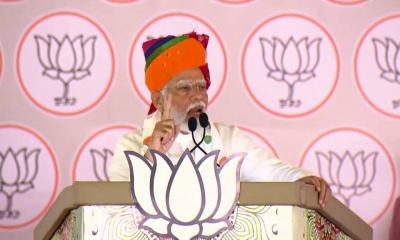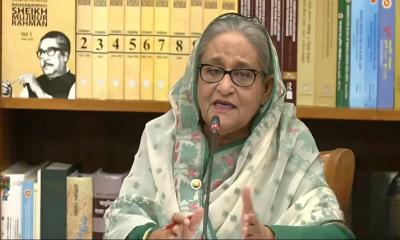As the overall economic situation amid the pandemic was negative, savings certificates were the last hope of the common man to invest. But after a long upward trend, the scenario has been changed in investing in savings certificates. This is causing apprehension among investors.
Savings bonds were the only way out as the bank had the lowest deposit history and a stock market recession.
Sales have dropped by Tk 1,500 crore
A total of Tk 5,365 crore worth of savings certificates were sold in July of the 2021-22 financial year. In contrast, Tk 3,261 crore has been paid. The remaining amount after payment is treated as net sale. As such, the net sales during the period discussed were Tk 2,104 crore. Last year, the net sales at this time was three thousand 705 crore.
The profit margin of savings certificates has already been reduced. Although the investment in savings certificates has been higher than the target for the last few years, it has come down significantly in July, the first month of the current fiscal year 2021-22. During this time, savings certificates worth Tk 5,365 crore have been sold out which is about 38 percent less than the same period last year. In July last year, savings certificates worth Tk 8,705 crore were sold. This information has been revealed in the updated report of the National Savings Department.
Investors in discomfort
Investors in the sector are now inconvenient about the reduction in interest rates on savings certificates and the imposition of additional restrictions. Because there are many people who manage the expenses of the whole month only relying on the profit of the savings certificate. "These decisions by the government have made our lives more difficult," they said. The government sets a target in the budget every year for the sale of savings certificates. But over the past few years, sales have been much higher than the target.
The decision should have been taken earlier
To discourage excessive investment in savings certificates, the government has recently imposed a number of restrictions on investment in savings certificates. In addition, the epidemic has reduced both human income and savings. The investment in savings certificates has also declined. In other words, the government has to take fewer loans from savings certificates. This will also reduce the government's future debt burden.
“The decision to reduce the rate of return on savings certificates needed to be taken long ago. But at this time many have lost their jobs and are running their families depending on savings certificates. So the savings certificate was working like social security. But now the reduction will be a problem for many,” Dhaka University professor MA Taslim told TheReport.live.
Imposition of various conditions
On June 3, the Parliament has set a target of borrowing Tk 32,000 crore from savings certificates in the budget for the fiscal year 2021-22, which is 60 percent more than the previous fiscal year. In the budget of the last FY 2020-21, the target was Tk 20,000 crore.
Recently, the government has made several changes in the investment in savings certificates and its management. In the last budget, Tax Identification Number (TIN) has been made mandatory for purchasing savings certificates worth more than Tk 2 lakh. In addition, the five-year Bangladesh Savings Certificate can only be obtained from the Department of Savings.
On May 18 this year, the Internal Resources Department (IRD) of the Ministry of Finance informed that from now on, Bangladesh Savings Certificates, for a period of five years, cannot be purchased from a branch or post office of a Scheduled Bank. These savings certificates can be purchased only from the Savings Bureau under the National Savings Department.
Besides, the government has reduced the interest rate on savings certificates on September 22 so that the government does not have to pay more interest in the savings certificate sector.


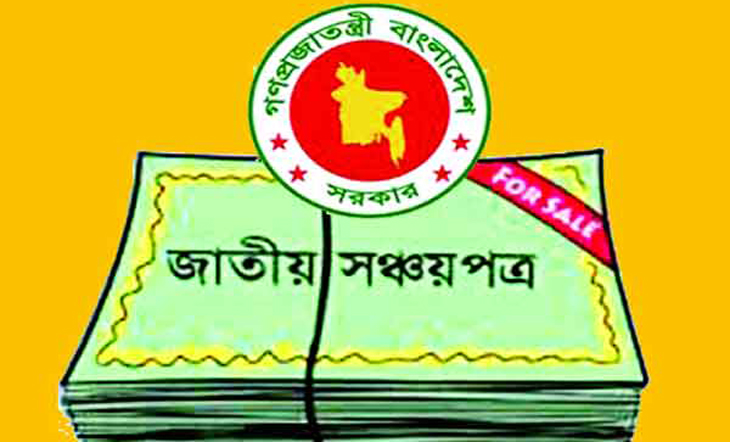

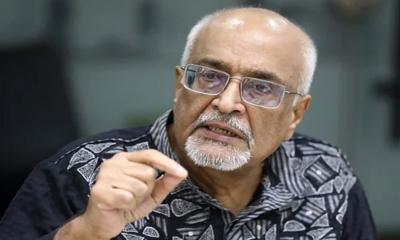
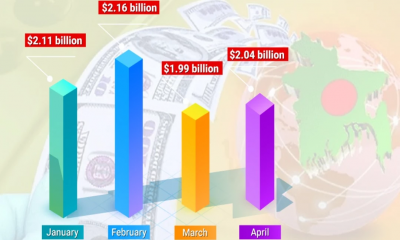




-20240505141659.jpg)











